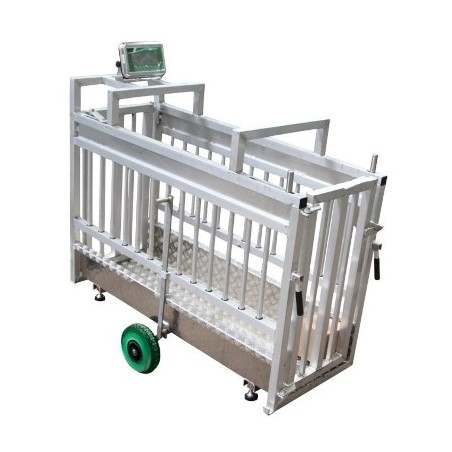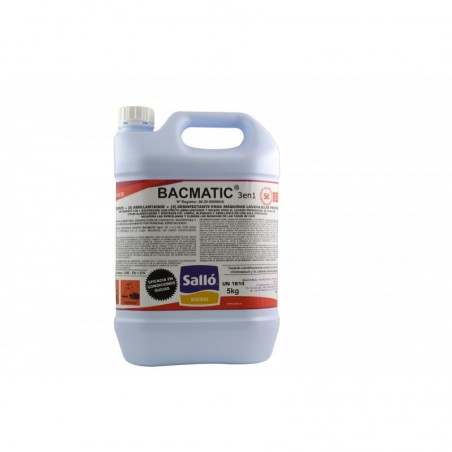The most studied selenium (Se) function is its ability to maintain redox status in animal organisms by activating the glutathione peroxidase (GSH-Px) enzyme. Different authors determined a higher bioavailability and muscle retention of organic sources compared to the commonly used inorganic source, which implies better pig meat quality results including reduced exudation losses, lower cooking loss (CL) and lower lipid peroxidation index, indicating a longer shelf life of these meats. The aim of the study was to verify the influence of selenomethionine (SM) supplementation on performance, carcass yield, characteristics of meat quality and Se tissue deposition of finishing pigs. A total of 128 hybrid pigs with an average weight of 76 kg were distributed in randomized blocks according to body weight in eight treatments and eight replicates. The experimental treatments were two Se levels from sodium selenite-SS (0.3 and 0.6 ppm), four Se levels from SM (0.3, 0.4, 0.5 and 0.6 ppm) and two combinations of SS with SM (SS 0.15 + SM 0.15 ppm and SS 0.3 + SM 0.3 ppm) providing 0.3 and 0.6 ppm Se in the diet respectively. The feeds were based on corn and soya bean meal. After 30 days on test, the performance indices were analysed, and the pigs were slaughtered at commercial slaughterhouse.
The cold carcass yield, the physicochemical characteristics of the loin meat and the Se content in muscle and liver were evaluated. There was no significant difference in performance indices; however, there was a linear effect on the increase in pig carcass yield by increasing SM. The use of SM solely or combined with SS provided higher Se deposition in muscle compared to SS. The highest Se deposition in muscle occurred for SM at 0.4 ppm. The SS provided higher Se deposition in liver. The SM presented best results for meat quality compared to other sources. The level of 0.4 ppm Se promoted the best results for the indices of yellow, luminosity, cooking loss and pH.

The use of SM at any level promotes higher oxidation stability of pig meat. The supplementation of SM at a level of 0.4 ppm promotes better physicochemical characteristics and higher Se deposition on swine meat.
Silva VA, Bertechini AG, Clemente AHS, de Freitas LFVB, Nogueira BRF, de Oliveira BL, Ramos ADLS. Different levels of selenomethionine on the meat quality and selenium deposition in tissue of finishing pigs. Journal of Animal Physiology and Animal Nutrition. 2019; 103(6): 1866-1874. https://10.1111/jpn.13179





